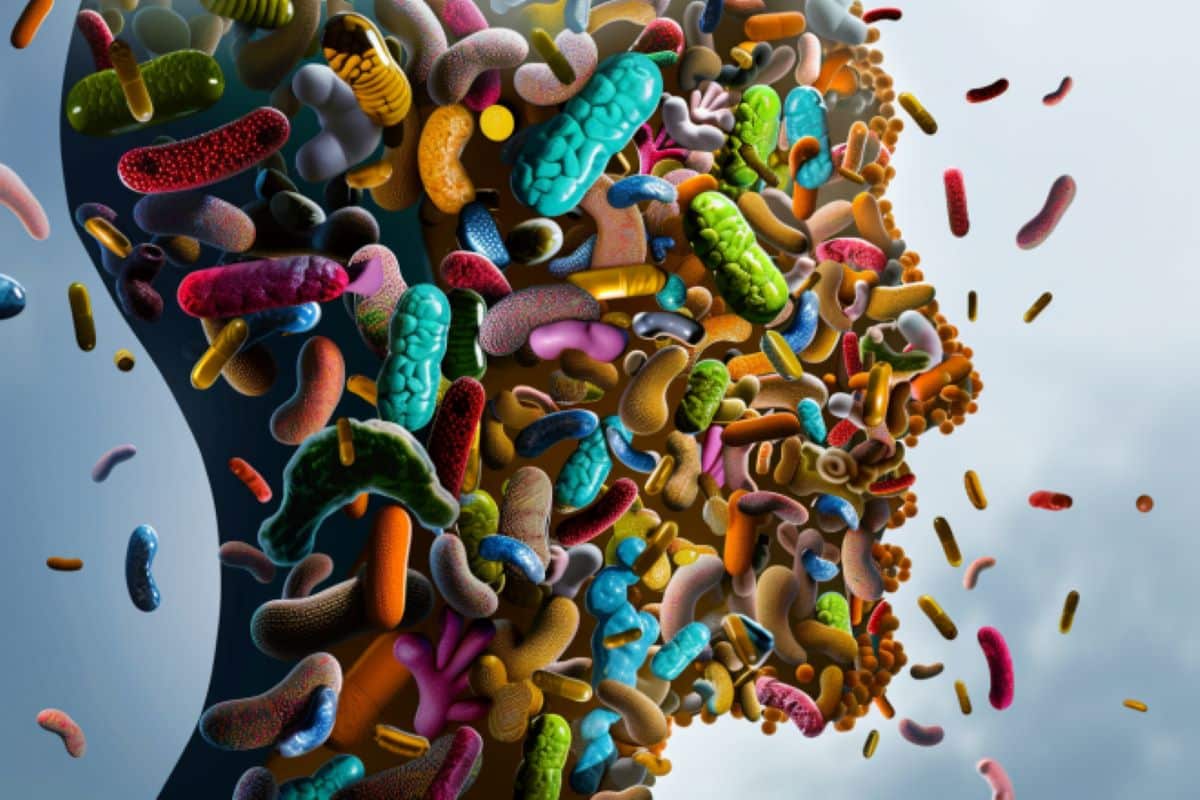
Title: Understanding the Impact of Gut Microbiome on Fairness Perception and Social Decision-Making
A series of recent studies have shed light on the intriguing relationship between gut microbiome composition and fairness perception, revealing that manipulating gut bacteria through probiotic and prebiotic supplements can influence social decision-making.
Study 1: Gut Bacteria Influence Fairness Perception (Plassmann et al., PNAS Nexus) In this study, participants who took a seven-week course of Lactobacillus and Bifidobacterium supplements were more likely to reject unfair offers in a money-sharing game. The researchers also found that changes in gut microbiota composition correlated with fairness sensitivity and that dopamine precursors may mediate the link between gut bacteria and social behavior.
Study 2: Understanding the Role of Gut Microbiome-Brain Interactions in Social Decision-Making (Plassmann et al., PNAS Nexus) This study further explored the relationship between gut microbiome composition and fairness perception. Participants who had a high ratio of Firmicutes to Bacteroidetes at the beginning of the study saw the greatest changes in both gut makeup and rates of altruistic punishment. The supplements reduced plasma levels of tyrosine, a dopamine precursor, in some participants, leading to increased altruistic punishment.
Implications: These findings suggest that our gut microbiome plays a role in shaping social behavior and highlights the potential for targeted interventions to modulate social decision-making. However, it is essential to note that more research is needed to fully understand the mechanisms underlying these effects.
References: Plassmann, H., Falkenstein, M., & Koster, A. (2024). Impact of the gut microbiome composition on social decision-making. PNAS Nexus. Plassmann, H., Falkenstein, M., & Koster, A. (2024). Understanding the role gut microbiome-brain interactions play in social decision-making. PNAS Nexus.


